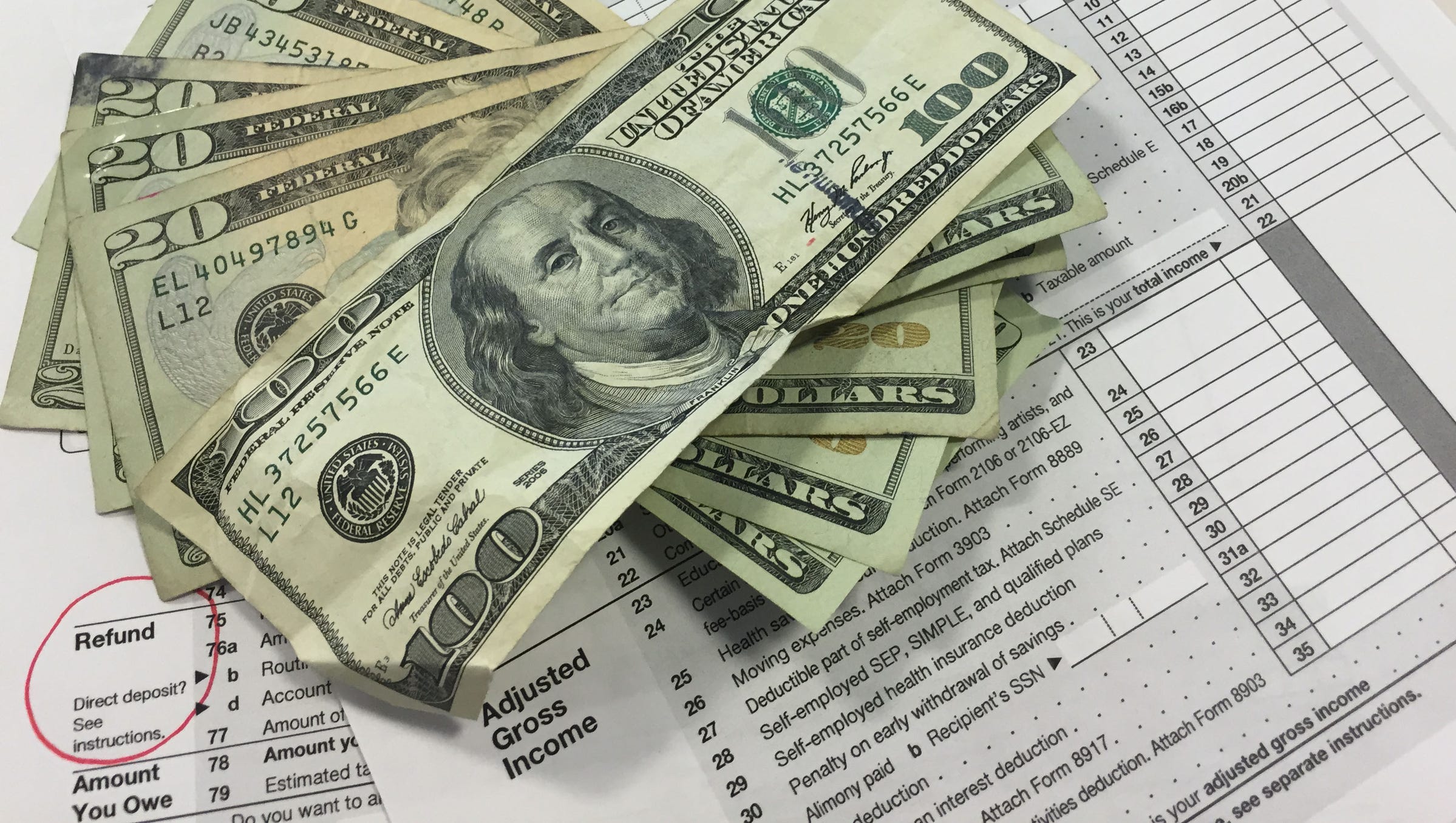- Mutlu Yaşam Alanları Sunuyoruz!
- +90 224 248 56 66
- info@dumanlargroup.com.tr
An auto title financing occurs when a debtor surrenders their vehicles label because the collateral having a little-buck loan
Unmarried Mother Student loan Forgiveness: The choices into the 2024
30 Aralık 2024Financial support Home mortgage Kansas, while the a direct Kansas Mortgage lender, protects the entire lending processes off start to finish
30 Aralık 2024The user Economic Security Agency are getting aim within routine regarding individuals selling and buying new term of the auto for a small-buck mortgage

Earlier this month, the Consumer Financial Protection Bureau (CFPB) issued a suit against USASF Servicing, an auto loan servicer, for consumer protection violations. The lawsuit is the most recent action from the CFPB addressing auto title lending, an industry whose practices have been a target of the agency for several years. The complaint highlights the misconduct some auto title lenders use to trap borrowers, and the life-altering consequences of that cycle of debt.
In the event of a missed payment, the loan servicer then has the right to take the borrower’s car, since it holds the title. As I have authored previously, high-risk, predatory loans are utilized by a wide swath of borrowers, often in desperation to cover some sort of essential, such as rent or other bills.
The CFPB lawsuit alleges that since 2016, USASF has, among other things, illegally disabled cars, failed to provide refunds, and misapplied payments so that consumers accrued over $1 million in additional interest. USASF was servicing a dealer called U.S. Auto Sales, a buy here, pay here (BHPH) dealership with 31 locations throughout the Southeast that closed down most of its business earlier this year, according to the CFPB.
This new CFPB alleges one USASF would result in vehicles so you can procedure caution music when the brand new driver turned the automobile into or from for the initial five weeks immediately following a missed percentage. Into fifth time, the firm would eliminate the car, remaining people off extremely important activities like performs. That it activation of your alerting sounds and you can disabling of your own automobiles continuously broken USASF’s very own coverage and you may consumer financial law. Brand new CFPB alleges at the least 7,five-hundred incorrect disable[s] as well as 71,000 incorrect warnings, as well as whenever borrowers weren’t into the standard otherwise had produced good promise to spend.
The CFPB and additionally alleges that the loan servicer dishonestly repossessed car
This action comes as the CFPB has ramped up monitoring of the auto title lending industry. In 2022, the CFPB issued compliance guidance in an attempt to curb illegal practices, including many of the things cited in the complaint. CFPB examiners located several illegal servicing practices, particularly around the charging of unlawful fees, including inflated repossession charges.
In February, the CFPB purchased TitleMax, a massive auto loan servicing company, to pay $10 million for making unlawful title loans, as well as violating the Military Lending Act, which requires particular interest rates and protections to service members. TitleMax allegedly concealed military members’ active-duty service status to evade scrutiny. TMX, TitleMax’s parent company, was also fined $9 million in 2016 for other practices.
In addition, in June the CFPB turned its attention to the South, issuing a declaration that highlights the finances of consumers in rural areas of the region, including the state of mortgage lending. Banking deserts are prevalent throughout the southern region, reflective of the absence of bank or credit union branches in local communities, the CFPB wrote. The report highlights the high rate of unbanked households across the region, the low rate of banks per person, and other banking and credit barriers in the rural South.
Rates caps are able to interfering with predatory automobile identity financing, commonly driving mortgage servicers out from the condition. But some says keeps shied regarding towering a performance cap off thirty six per cent.
Last year, ProPublica released a report on consumer finance in Georgia, a state without a rate cap. Nearly two decades ago, the state made it a felony to offer high-interest payday loans that state lawmakers described as usurious. Yet state law allows title lenders to charge triple-digit annual interest rates, ProPublica and The Current wrote. This has helped the industry grow like kudzu throughout the state, which is home to three of the nation’s top title lenders. In particular, the report notes that auto title lenders in the state operate through pawn shop statutes, not lending statutes.
North Carolina’s governor Roy Cooper, a Democrat, has just vetoed an expenses that would weaken its 30 percent rate cap for small-dollar loans.
Regardless of the CFPB’s strategies, unethical auto label loans still multiply. Regulating predatory loan providers is a game title off Whac-A-Mole, John Look for, an auto credit globe researcher, informed the chance inside the a message. Whenever government or legislators crack off, label lenders and repo businesses find an excellent loophole and change strategies.
The way predatory loan https://paydayloansconnecticut.com/lake-bungee/ providers are able to circumvent consumer financial guidelines is exactly why the newest CFPB becomes necessary, keeping up with changes in the industry. Because Kathleen Engel, professor at the Suffolk College or university Rules College, indexed, Congress has gone by legislation you to suppress this new CFPB regarding submitting lawsuits facing BHPH vehicles lenders, along with other the newest and you will put car lenders. Although CFPB might be able to get it done contrary to the servicers of them fund, such as for instance in case against USASF.
Up until now, BHPH people in addition to their affiliated agencies was actually traveling according to the radar from government even as the atically, Engel advised the chance. CFPB’s lawsuit shows that users and you will government can invariably get well against servicers associated with BHPH traders.
